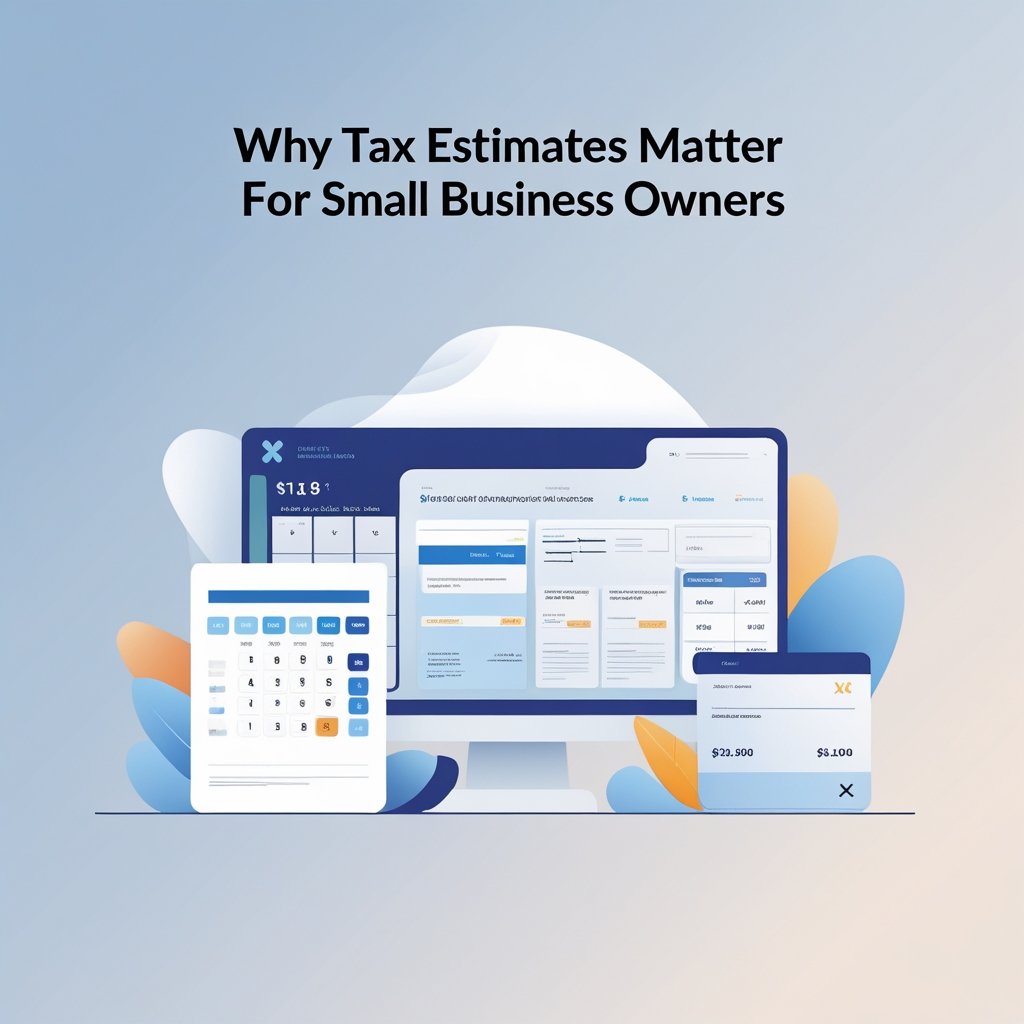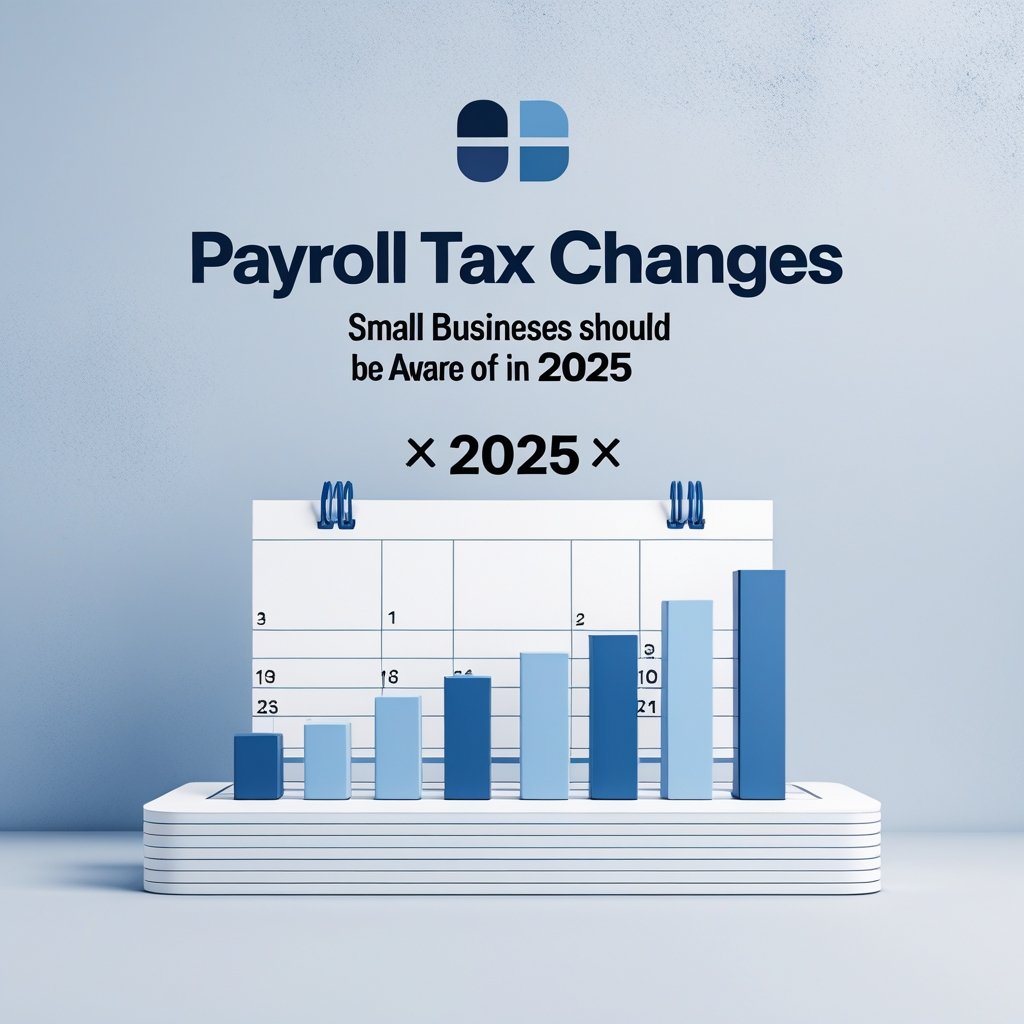As businesses expand globally, managing payroll for expatriate employees becomes increasingly complex. Expat payroll involves not only standard payroll processing but also navigating international tax laws, benefits, and compliance regulations. Whether you’re an employer managing a global workforce or an expat looking to understand your payroll, this guide covers the key aspects of expat payroll, taxes, and benefits.
- What is Expat Payroll?
Expat payroll refers to the process of compensating employees who are working outside their home country. This includes salary payments, tax withholdings, benefits administration, and compliance with both home and host country regulations.
- Key Payroll Challenges for Expats
Managing payroll for expatriates comes with unique challenges, including:
- Tax Compliance: Expats may be subject to taxation in both their home and host countries.
- Currency and Exchange Rates: Payroll must account for fluctuations in exchange rates when paying employees in foreign currencies.
- Social Security and Benefits: Understanding which country’s social security and benefits apply can be complicated.
- Employment Laws: Different countries have different labor laws governing wages, benefits, and worker protections.
- Tax Considerations for Expatriates
Expatriates often face complex tax obligations, including:
- Double Taxation Risks
Many expats worry about being taxed twice—once by their home country and once by their host country. To mitigate this, various countries have tax treaties and agreements that help prevent double taxation.
- Foreign Earned Income Exclusion (FEIE)
For U.S. expats, the Foreign Earned Income Exclusion (FEIE) allows them to exclude up to a certain amount of their foreign earnings from U.S. taxation (in 2024, this amount is $120,000).
- Foreign Tax Credits (FTC)
Expats can often claim a Foreign Tax Credit (FTC) to offset taxes paid to a foreign country, reducing their U.S. tax liability.
- Social Security and Totalization Agreements
The U.S. has totalization agreements with several countries to determine where expats should pay social security taxes. These agreements help avoid double social security taxation and ensure benefits in retirement.
- Payroll Structures for Expats
Employers can structure expat payroll in different ways:
- Home-Based Payroll: The employee remains on the home country’s payroll, with salary paid in home currency.
- Host-Based Payroll: The employee is transferred to the host country’s payroll, with salary paid in local currency.
- Split Payroll: Salary is divided between home and host country payrolls, which helps with tax efficiency and compliance.
- Shadow Payroll: Used when an employee is legally employed in one country but requires tax withholding in another.
- Benefits for Expat Employees
Expats often receive additional benefits to help with the challenges of working abroad, including:
- Housing Allowances: Covers rent or mortgage costs in the host country.
- Cost-of-Living Adjustments: Additional pay to compensate for higher living costs abroad.
- Education Assistance: Covers tuition for children attending international schools.
- Health Insurance: International health plans covering medical care in multiple countries.
- Tax Equalization: Employers cover additional tax burdens to ensure employees pay the same tax as they would at home.
- Best Practices for Managing Expat Payroll
For companies managing expat payroll, here are some best practices:
- Stay Updated on Tax Laws: International tax regulations change frequently, so staying informed is crucial.
- Use Global Payroll Providers: Partner with international payroll providers who understand compliance in multiple countries.
- Offer Competitive Benefits: Providing proper allowances and benefits helps retain top expat talent.
- Ensure Compliance with Local Laws: Each country has unique labor laws that must be followed.
- Plan for Repatriation: Consider tax and payroll implications when an expat returns home.
Contact us: +1 (972)-996-6644
Email us : info@theriwa.com Visit our website : https://theriwa.com/






